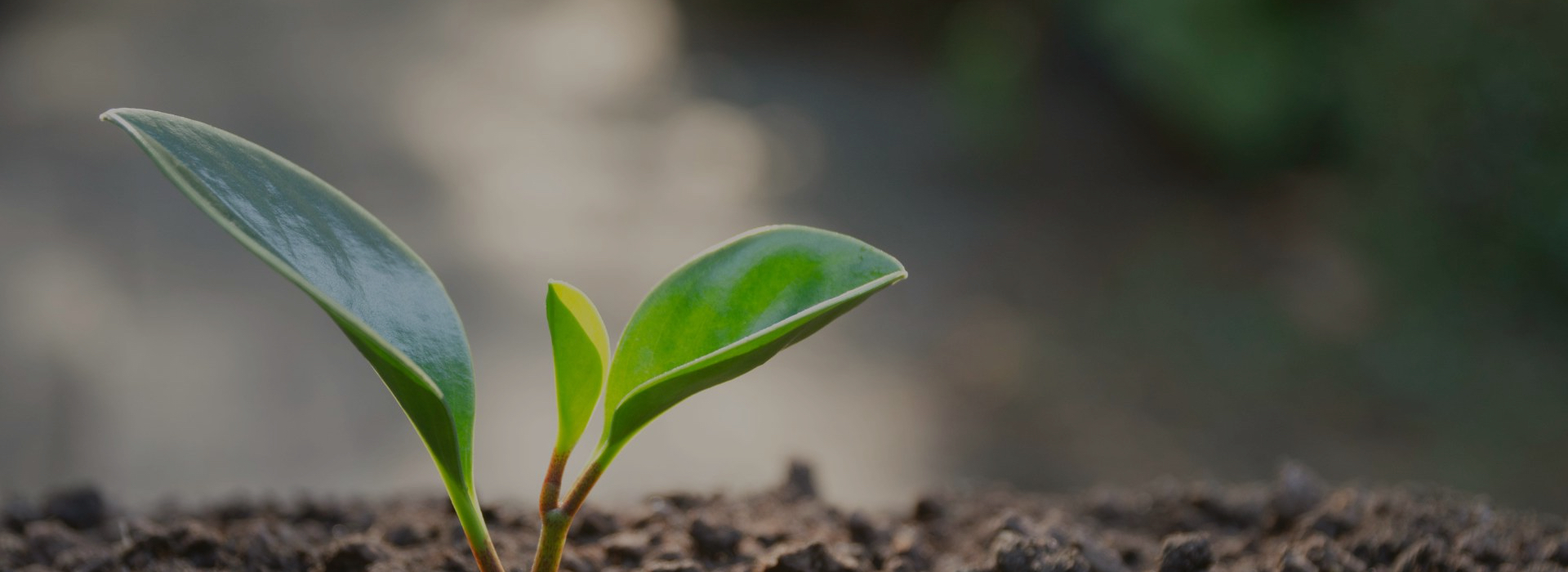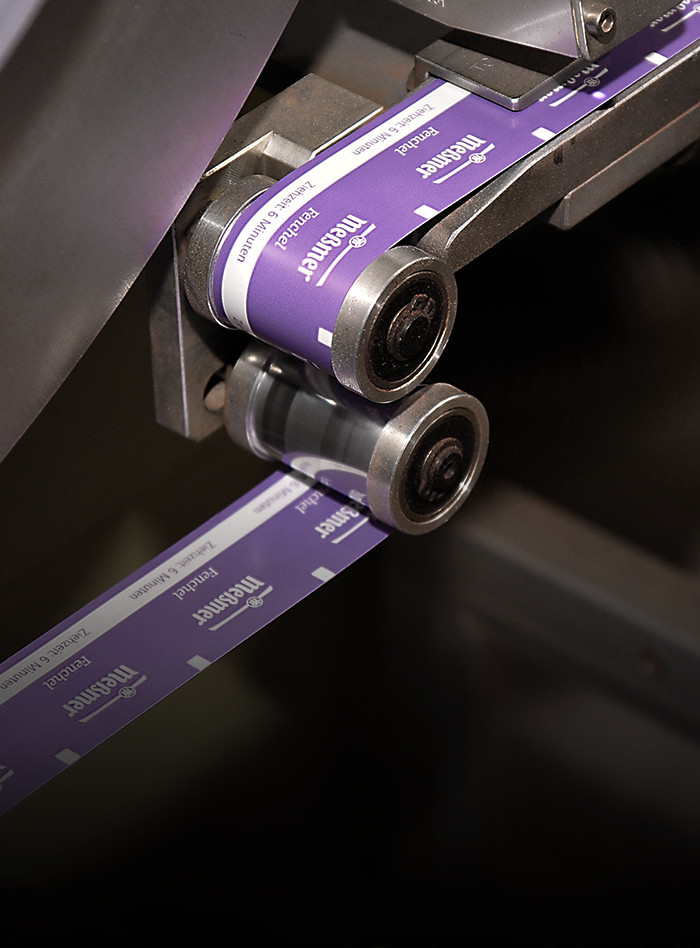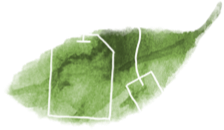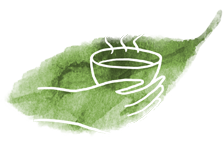Our responsibility begins at the source of our teas.
We know that we can only offer the best quality teas if we already treat our valuable resources with care and protect our natural environment today. The basic requirements for this are healthy soils, unspoilt climate conditions and living and working conditions that secure people’s livelihoods in the tea-growing area. Come with us to the roots of our teas and find out what the many challenges to be overcome for sustainable economic activity.
The many branches of our supply chain.
The sustainability of our products is important for us. This also means that every stage our teas go through must be thoroughly checked. From their origins right through to you in your teacup.
Did you know that ...?
Exciting facts about sustainable tea
So you love tea ...
… and are interested in where it comes from, how it is cultivated, what matters during the harvest and how to tell good quality? If you want to know about tea, we are the experts at Meßmer. Here you can find interesting facts about our tea and our commitment to sustainability.
























